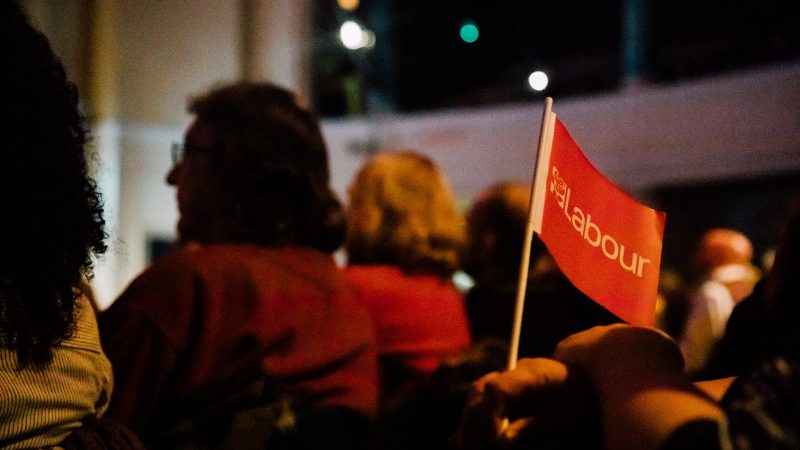
New guidance issued by Labour for selecting parliamentary candidates ahead of the next general election is set to take powers away from local members – in favour of putting the party’s leadership in the driving seat.
Labour national executive committee (NEC) members have been presented with a plan that would remove longlisting powers from local parties and see longlists determined by national and regional board members instead.
Under previous guidance, longlists were drawn up by selection committees made up of the local party secretary and treasurer, an NEC representative, two affiliated organisation reps and others elected by the local party.
The new plans would also scrap the automatic right of affiliated organisations – such as unions – to guarantee places for their preferred candidates on selection shortlists. This has already caused tensions between the leadership and unions.
However, it has been suggested to LabourList by a well-placed party source that there will be more discussions with trade unions around this aspect of the guidance, which could change after further consultation.
NEC members will be asked on Tuesday to vote for measures that would reduce the overall timetable of selections from nine weeks to a maximum of five and that would introduce a spending cap on selection campaigns of £1.50 per member.
These newly imposed limits would see a maximum spending cap of £3,500 applied to selection campaigns. Where a local party has fewer than 666 members, potential candidates would only be allowed to spend up to £1,000.
Critics of the leadership and those on the left of Labour are likely to criticise the new guidance for disempowering local parties, which will have the ability to shortlist candidates for selections but not to longlist them.
Allies of Keir Starmer have defended the new proposals, arguing that some of the candidates selected under the previous system were not subject to sufficiently rigorous checks and ultimately had to be kicked out of Labour or parliament altogether.
“This process of NEC due diligence is designed to ensure that we never have candidates again who bring shame on the Labour Party,” one senior pro-leadership Labour figure told LabourList, also criticising the “stitch-ups” in 2019.
While NEC members had been expecting to get sight of the long-awaited Forde Report at the January meeting, this is no longer expected. There will be an update on progress, but the promised report itself is now considered unlikely.
Instead, the ruling body at its next full meeting on Tuesday will discuss selection procedures, elect a new joint policy committee chair, and consider motions on proscribed organisations and Jeremy Corbyn’s whip.




More from LabourList
Turning the page? Labour’s recovery in the polls show a path to 2029 victory
Restoration announce recommendations for NEC candidates
‘Factionalism at the top is weakening Labour – and handing a gift to Reform’